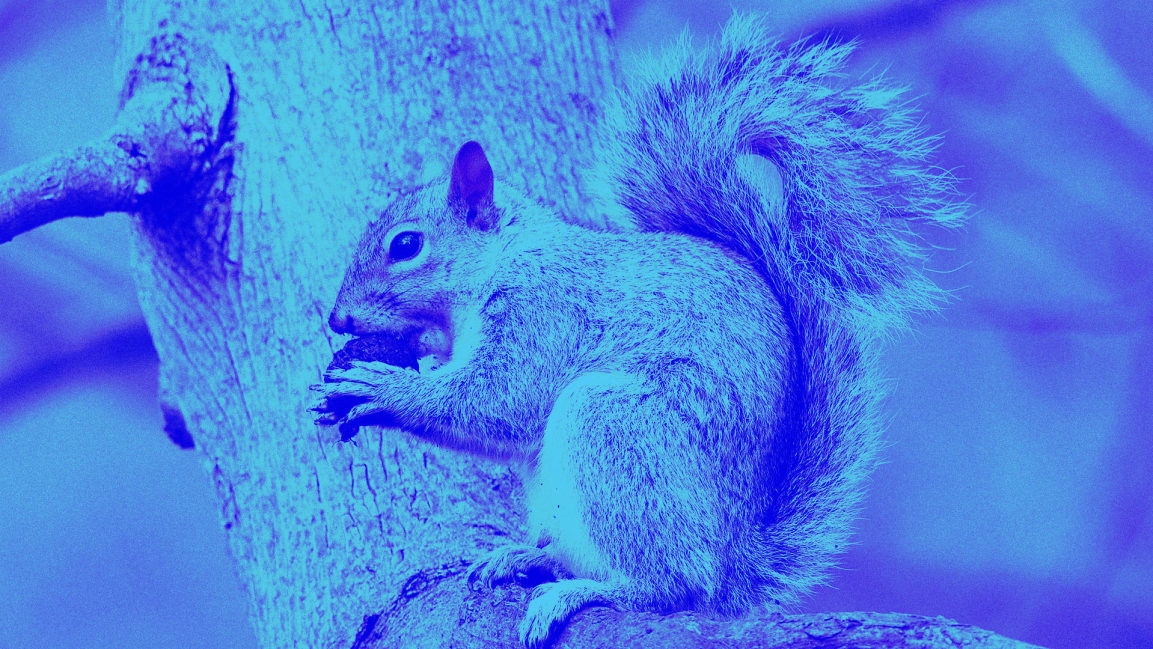Why we make better money decisions during a crisis
There is a vital lesson buried in the April announcement from the Bureau of Economic Analysis. Despite the unprecedented numbers of people filing for unemployment—30 million at the end of April—people are actually saving money. The report indicates that the savings rate escalated to a historical high of 13.1% in March, with people putting away $2.17 trillion. The last time it neared 13% was 2012; before that was 1970.
With the disappearance of millions of paychecks, how do people have more money in their bank accounts, than less?
The savings rate represents the difference between income and spending. The increase in savings means spending is falling faster than income. Spending is down by 7.5%, whereas disposable personal income is down 2%.
There are two reasons for this rise in savings. One explanation is obvious: People have less to spend their money on. We’re stuck at home and it’s harder to burn money engaged with less activity. While grocery spending is up, people are cutting back on nonessentials (i.e., buying cars, leisure, and recreation).
However, there is a possible second explanation. To understand this second view, it is helpful to look at natural disaster insurance markets. People are more likely to purchase insurance to protect themselves after a natural disaster they have just experienced than they are to purchase insurance before it happens, according to Harry Kunreuther, Mark V. Pauly, and Stacey McMorrow in Insurance and Behavioral Economics: Improving Decisions in the Most Misunderstood Industry. Sadly, this is the exact worst time to purchase insurance. It’s a good action, taken at the wrong time.
As Robin Williams’s character in The World According to Garp explains right after a plane hits the house he was about to buy, the chances of another disaster happening in the same location soon after the last one hit are very unlikely.
Why do we purchase after a disaster hits?
There are a few reasons. One, people make probability judgements based on how easily they recall similar instances. For example, managers give more weight to performance during the three months prior to an evaluation than to the previous nine months, because it is more available in memory. In the context of natural disaster, if you were just hit by a hurricane, a hurricane is easier to recall. Likewise, if a hurricane hasn’t hit for a few years, it is less easy to remember. This shortcut is called the “availability heuristic.”
Second, we have a strong optimism bias. We assume natural disasters happen to other people—not necessarily to us. Our optimism decreases when something actually does happen to us. Likewise, once we have experienced the negative effects of a natural disaster, we are able to perceive a greater risk of the event happening again. This leads to behaviors such as purchasing insurance.
What does “hurricane insurance” have to do with savings rates?
The second explanation for lower spending rates and thus higher savings is that the outbreak of the coronavirus acts like a natural disaster. Instead of buying insurance, we save. Before the pandemic, we likely believed it was highly unlikely that we would lose our job and need three months’ worth of savings.
Now, due to the availability heuristic, it seems much more plausible that a reserve of savings will come in handy. Before the coronavirus, we may have fallen prey to optimism bias, by assuming other people would experience a negative financial shock—not us. Now, we deeply understand a financial shock is not only possible, but it could happen to us.
If this second explanation hints at hope, it implies that we are more than ready to take actions that support our financial health. While the pandemic has been deeply devastating to the financial situation of most Americans, people may start engaging in healthier financial behaviors and keep these behaviors in place.
How can we channel that energy into behaviors that will protect against the future? To help you, here are five financial actions to take while you’re in “insurance buying mode” and still in the midst of a crisis.
Yes, buying disaster insurance right after a disaster may appear irrational, but a “hurricane effect” has its own benefits. Consider it a push to take action and build a savings cushion for the next time a dramatic event like this hits.
Kristen Berman is a cofounder of Common Cents Lab, a behavioral science research lab supported by MetLife Foundation, and part of the BlackRock Emergency Savings Initiative and Irrational Labs.
(11)



